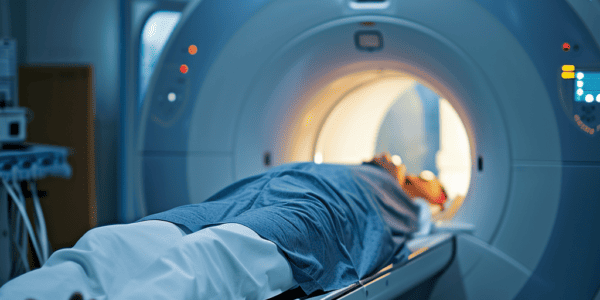New Screening Tools Boost Early Detection of Language Delays in Children
New screening tools developed by researchers at Uppsala University and Region Gotland are improving early detection of language delays in children. Studies based on data from over 6,000 children demonstrate the effectiveness of these tools, leading to increased referrals to speech therapists and highlighting the importance of early identification of language difficulties.
The Mystery of Human Speech: Unraveling the Enigma
The mystery of human speech has puzzled scientists and linguists for centuries. The origins of spoken language, a defining characteristic of our species, remain shrouded in mystery. Researchers have proposed various theories to account for the development of human speech, but the precise origins continue to elude definitive explanation. Advances in genetics, neuroscience, and archaeology have provided new avenues for investigating the origins of human speech, while the study of non-human communication systems has offered valuable comparative insights. The quest to understand how humans learned to speak remains an enduring enigma, driving ongoing exploration and discovery in the fascinating field of language evolution.
Preserving Linguistic Diversity with International Mother Language Day and AI
International Mother Language Day celebrates linguistic diversity and advocates for multilingualism. This article explores the intersection of AI and language preservation, highlighting the potential of technology to protect and revive endangered languages. It also discusses the challenges and opportunities of integrating AI into language preservation initiatives.
Breakthrough in Understanding the Human Language Network Using Large Language Models
Researchers have made a significant breakthrough in understanding the human language network using large language models. A study published in Nature Human Behaviour on 03 January 2024, titled ‘Driving and suppressing the human language network using large language models,’ sheds…




